The first casino was made in 1638 in Venice, Italy. Although not called a casino, the aristocratic gambling building called Il Ridotto was established by the Great Council of Venice to offer regulated gambling during carnivals. Unfortunately, it was shut down in 1774 by the city of Venice fearing that gambling was impoverishing the local people.
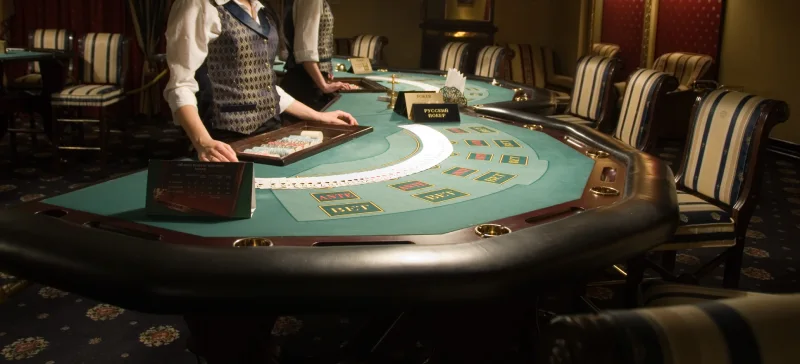
That said, the first true known casino was the Casino di Venezia, which was made in 1638. It was originally a social club for wealthy aristocrats and merchants, but eventually it began offering games of chance such as card games, dice games, and roulette. Casinos have a long history and have been found in various forms and locations throughout the world for centuries. They have traditionally been associated with luxury and glamor, and are often found in tourist destinations and major cities.
History of Casinos
Below is a simplified timeline of the history of casinos:
1638: The Casino di Venezia Founded in Venice, Italy
The history of casinos as places of gambling began in Italy when the first gambling building opened in 1638 in present-day Venice. At the time, the casino was known as Il Ridotto. The word casino itself was created from the Italian term casa, which means little house.
Note that Gambling didn’t start with casinos. Gambling has been around almost throughout the entire human history.
The first known record of gambling was seen in Ancient China in around 2300 BC, where people used tiles to gamble with each other.
Meanwhile, the earliest signs of dice gambling were recorded by ancient Egyptians in about 1500 BC. Because of the lack of evidential records, it is difficult to say who, when, and how gambling was first invented.
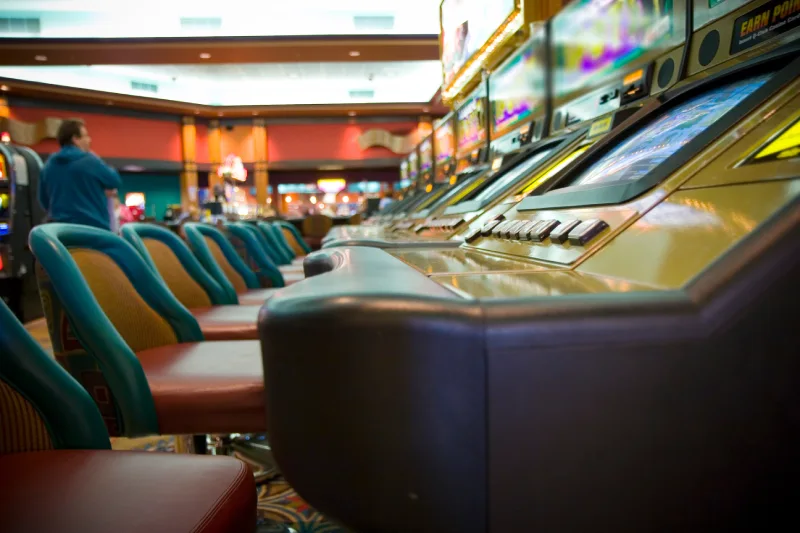
Thankfully, we can point right to the time and place where the first official casino came into existence. In Venice, the Ridotto (casinos) were not just places of pure gambling. People also visited the building to get entertained by listening to music, dancing, and singing.
It all started with the opening of Casino di Venezia. This Venice casino was initially established by the local council to entertain people during the carnival season.
Even then, only the nobles, aristocrats, and other privileged persons were permitted to visit the casino.
You can still find the building on which Casino di Venezia, which is next to the canal. Because the casino was meant for aristocrat gambling, the bets were usually large. Furthermore, visitors of the casino were required to observe certain rules:
- They must order certain expensive dishes from the casino menu
- Observe a specific dress code
- Avoid certain behaviors
The local councils and state benefit from the first casino. Like today’s casinos, the gambling establishments were required to pay huge taxes on their activities. However, it wasn’t long before the Catholic Church made negative remarks about gambling and the casinos.
In 1774, the Venetian local government shut down the first casino, bowing to pressure from the church. They also had the feeling that gambling was making local aristocrats poor. At the same time, gambling was made illegal in Italy.
Casino gambling didn’t stop with the closure of Casino di Venezia. Although the church and authorities were keen to stop gambling, casinos started spreading quickly outside of Venice and Italy.
18th Century: Casino Gambling is Introduced to France
The next stop was France. The first casino in France was opened in Paris by the state under the leadership of Cardinal Mazarin. The Parisian government proposed the legalization of casino gambling in order to collect taxes and boost treasury coffers.
In 1802, The Palais Royal, a gambling house in Paris, France, opened its doors.
The Paris casino gained quick popularity. Unlike the Venetian casino, this one has new games like roulette. It is still considered one of the most popular French casino games to date. The spread of casinos continued throughout Europe in the 18th century. The prize money also increased due to the increasing numbers of players visiting the casinos.
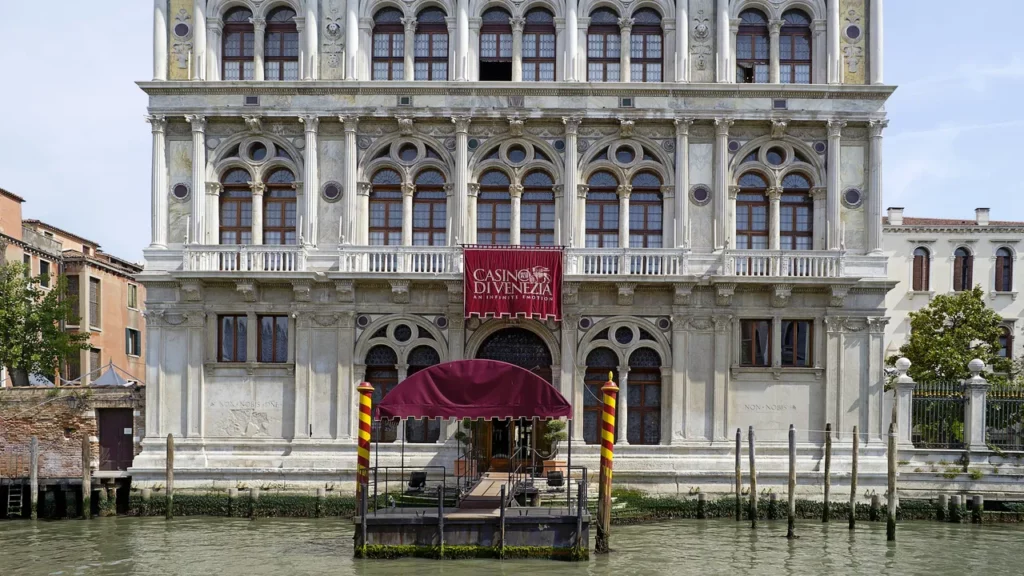
Many casino hubs were also established in the 19th century, particularly in mainland Europe around France, Germany, and Italy. Regions like Monte Carlo in Monaco and Wiesbaden and Baden-Baden in Germany constructed luxurious casinos to attract elite players and visitors looking for extravagance. In fact, most of their casinos resembled palaces rather than gambling buildings.
1823: The first legalized casino in the United States, the Hotel de Salle at the Monte Carlo Casino in New Jersey, opens
The Hotel de Salle at the Monte Carlo Casino in New Jersey was the first legalized casino in the United States. It opened in 1823 and was located in the city of Long Branch, New Jersey. The casino was part of the Hotel de Salle, a luxury hotel and resort that was popular with wealthy tourists and celebrities.
The casino offered a variety of games of chance, including card games, dice games, and roulette.
It was a popular destination for gambling and entertainment, and it helped to establish Long Branch as a major tourist destination. The Hotel de Salle and the Monte Carlo Casino were eventually closed in the late 1800s.
1853: The first modern casino, the Bad Homburg Casino in Germany, is opened
The Bad Homburg Casino in Germany was the first modern casino. It was opened in 1853 and located in the town of Bad Homburg, which is located near Frankfurt. The casino was originally founded by François Blanc, a French entrepreneur and gambling operator. It was a luxurious and exclusive establishment that attracted wealthy aristocrats and high rollers from all over Europe.
The casino offered a wide variety of games, including roulette, baccarat, and blackjack, as well as other forms of entertainment such as concerts and theater performances. The Bad Homburg Casino became known as one of the finest and most elegant casinos in Europe, and it helped to establish Bad Homburg as a major tourist destination.
1931: The state of Nevada legalizes gambling, leading to the development of casinos in Las Vegas
Gambling gained traction in the US at the start of the 19th century. The workers laying railroads, mining gold in California, and other areas like Salt Lake City enjoyed gambling, along with prostitution, and drinking. The first gambling machine, popularly known as one-armed bandit, was introduced during this period.

Nevada actually criminalized gambling in 1910. However, that didn’t stop card tables and gambling activities from taking place in speakeasies, barbershops, and basements of saloons and restaurants. There were hundreds of illegal casinos spread across the US during the prohibition period.
It wasn’t until 1931 that gambling ceased to be outlawed in Nevada. The first legal casino to open in Nevada was the Golden Gate. In 1941, El Rancho Vegas opened one of the most extravagant resort casinos with casino games, horse riding, and swimming pools.
The first casino on the Las Vegas Strip consisted of roughly 70 slot machines, 1 roulette table, one craps table, and two blackjack tables.
And that set Las Vegas to become the world’s capital of casino gambling. There are 24 casinos in Downtown Las Vegas, 42 in the Boulder Strip, 17 in North Las Vegas, and 61 in the Vegas Strip.
1970s: The expansion of casino gambling in the United States leads to the creation of numerous new casinos in other states.
Today, casinos are present in almost every country, with online casinos getting more and more action. Much of what brick and mortar casinos offered has shifted to online gambling. They include world poker tournaments, online video slots, online poker, and other online gambling games. Today’s online casinos work with multiple slot game developers and feature many table games and poker game rooms.
What is the oldest casino in the United States?
The Golden Gate Casino is the oldest casino in the United States. It was originally opened as Hotel Nevada back in 1906. Opened in 1926, Cal Neva Casino is considered the second-oldest casino in the US. It is located along Lake Tahoe shores near Las Vegas.
What was the first casino in the world?
The Casino di Venezia was the first casino to ever open in the world. It was launched in 1638 on the building that lays on the Grand Canal in Venice, Italy.
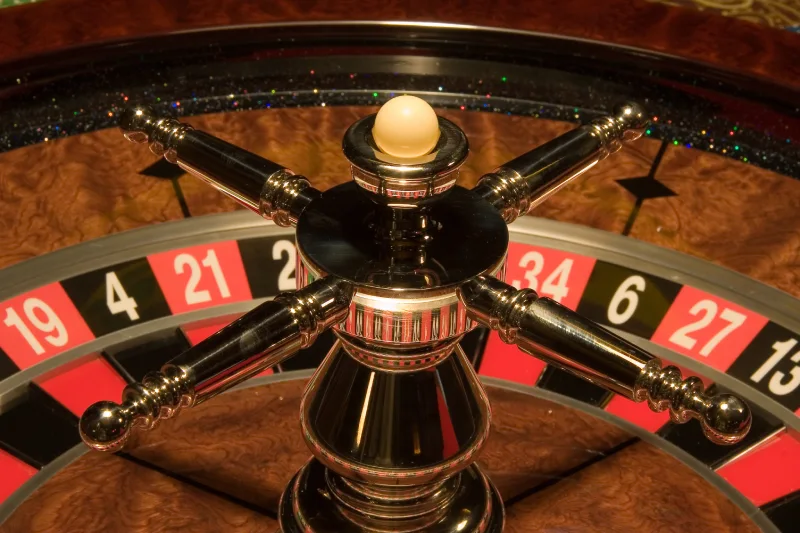
It was initially a theater building known as the Theatre Saint Moses before being turned into an Il Ridotto, an original name of a gambling building in the 1630s. The Casino di Venezia offered many forms of entertainment apart from gambling, including theater, music, and dancing. It helped begin a casino gambling movement in Venice and across Italy.
By 1744, when gambling was illegalized in the area, Venice had well over 120 casinos.
When was the first casino created?
The first casino was created in 1638 in Venice, Italy by the Great Council of Venice. The Casino di Venezia was created to offer controlled gambling during the carnival season in Venice. It ended up being closed in 1744 after much complaints and criticism by the Church and authorities.
When was the first casino made?
1638. The first casino appeared in Venice, Italy, in 1638, being opened as a gambling establishment for the aristocrats.
Where was the first casino?
The first casino was opened in Venice, Italy in 1638.
Which is the oldest casino in the world?
Casino di Venezia is the oldest casino currently operating in the world. It was opened in 1638 as the Ca’ Vendramin Calergi, an aristocratic gambling establishment for elite gamblers. The land on which it sits on the Grand Canal was bought by the city of Venice in 1946.
In 1956, it was renovated and renamed Casino di Venezia. Of course, Casino di Venezia is not the only oldest casino still open for business today.
Some of the oldest casinos in the world include …
- Casino de Spa, Belgium (Built in 1763)
- Kurhaus Casino, Baden-Baden, Germany (Built in the mid-1820s)
- Casino de Monte Carlo, Monaco (Opened in 1856)
- The Golden Gate Casino, Las Vegas, NV (Opened in 1906)
Who made the first casino?
The first casino was established by the Great Council of Venice in 1638 in Venice, Italy. They converted Theatre Saint Moses to Ca’ Vendramin Calergi to provide regulated gambling for its carnival events.
Who owned the first casino in Las Vegas?
The first casino in Las Vegas was owned by Tommy Hull. He was given the license to open the first casino in Las Vegas, the El Rancho Resort Casino. It was opened on April 3, 1941, on what is now the Vegas Strip with the cost of construction being under $500,000.
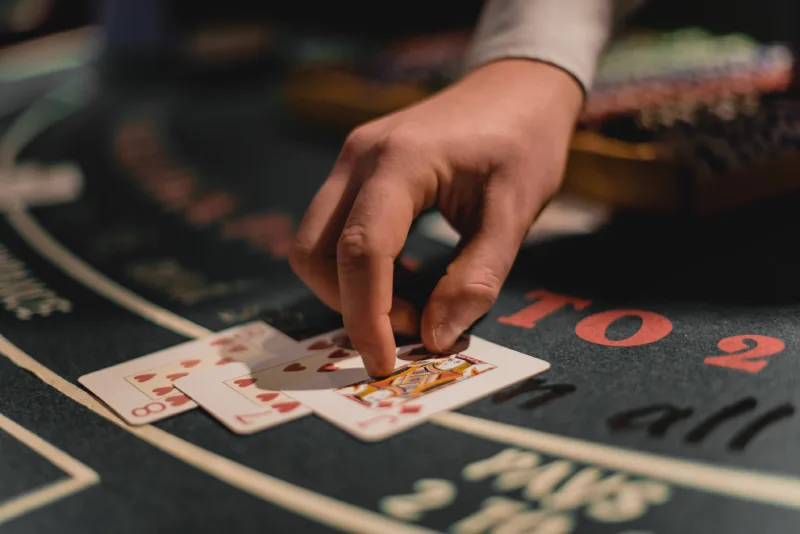
What was the first casino game?
The first casino game was baccarat which appeared in gambling halls in the 1400s in France and Italy. The earliest version of the game was played by two players.
Note that some casino scholars believe that blackjack was the official first casino game. It appeared in casinos in France in the 1700s, where it was called Vingt-et-Un. That means 21 in French.
Who invented the first casino?
The first casino was invented in Venice, Italy, by the Great Council of Venice. It was not originally called a casino. Instead, the gambling building was called Il Ridotto. That is Italian for a private room. The word casino comes from the Italian shortened word casa, which translates to little house or small summerhouse.
